Lingo Ledger

Gothic Fashion: Origin, Styles, and Artistic Expression
In the rich tapestry of fashion subcultures, Gothic fashion holds a unique place, distinguished by its dark, complex aesthetic. Originating in the late 1970s as an offshoot of the post-punk scene, Gothic fashion has evolved into a multi-faceted expression of individuality. From the elegance of Victorian Gothic, with its luxurious fabrics and corsets, to the neon-infused Cyber Goth look, this style is as varied as it is captivating. Makeup in the Gothic world favors bold, dark tones, while accessories often include intricate silver jewelry and studded chokers.
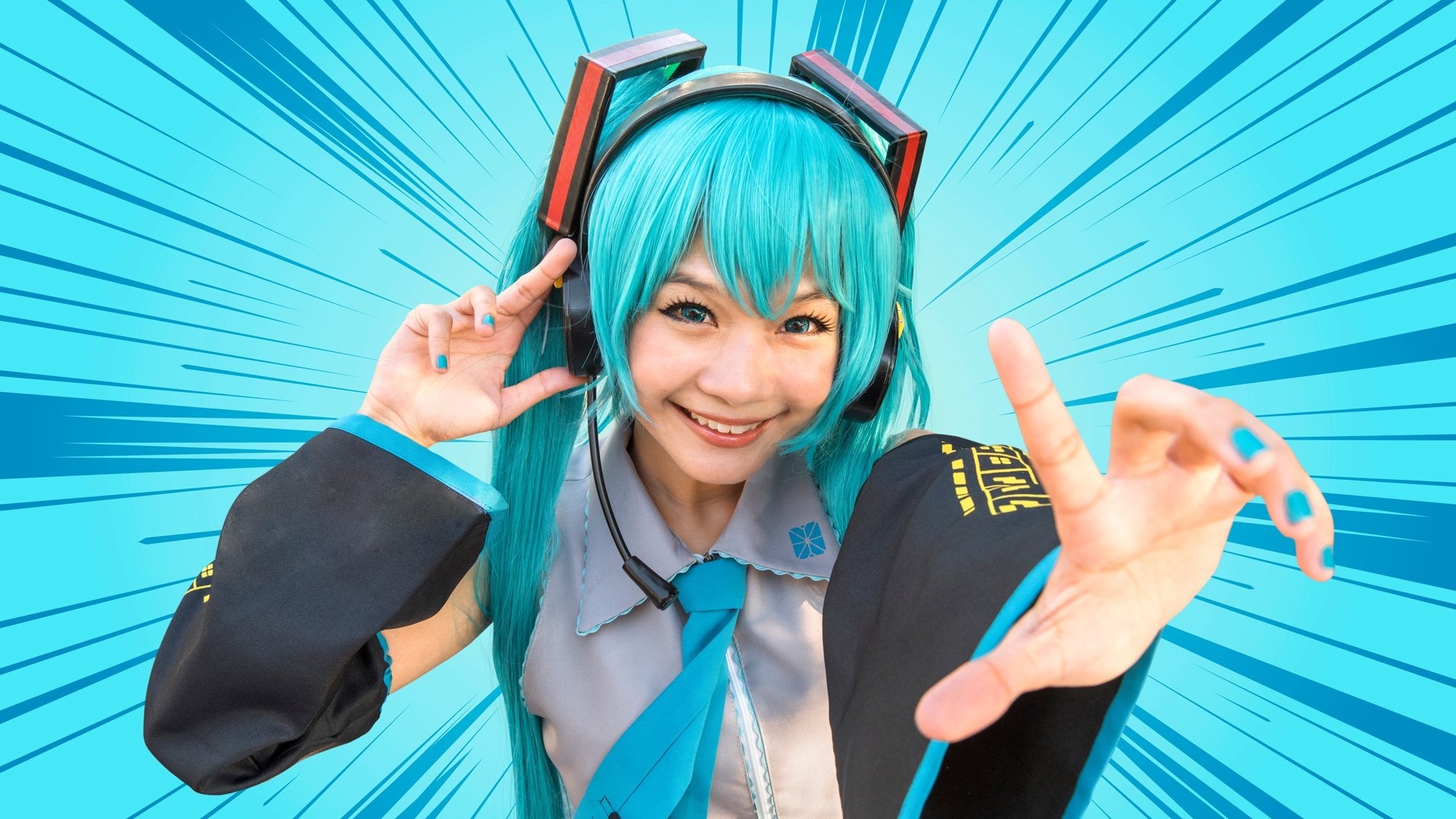
Cosplay: A Deep Dive into its History, Culture, and Future
Cosplay, an amalgamation of the words 'costume' and 'play,' is a captivating form of art that transcends the boundaries of age, culture, and geography. Originating in Japan alongside the rise of anime and manga, cosplay has evolved into a worldwide phenomenon. Far from being mere dress-up, it serves as an avenue for fans to deeply engage with their favorite characters, providing a tangible form of escape from the everyday. In recent years, technological advancements like 3D printing have elevated costume accuracy to astonishing levels, while the advent of virtual reality promises new avenues for immersion. Moreover, cosplay offers a unique window into one's personality, allowing individuals to manifest traits they admire in their chosen characters.
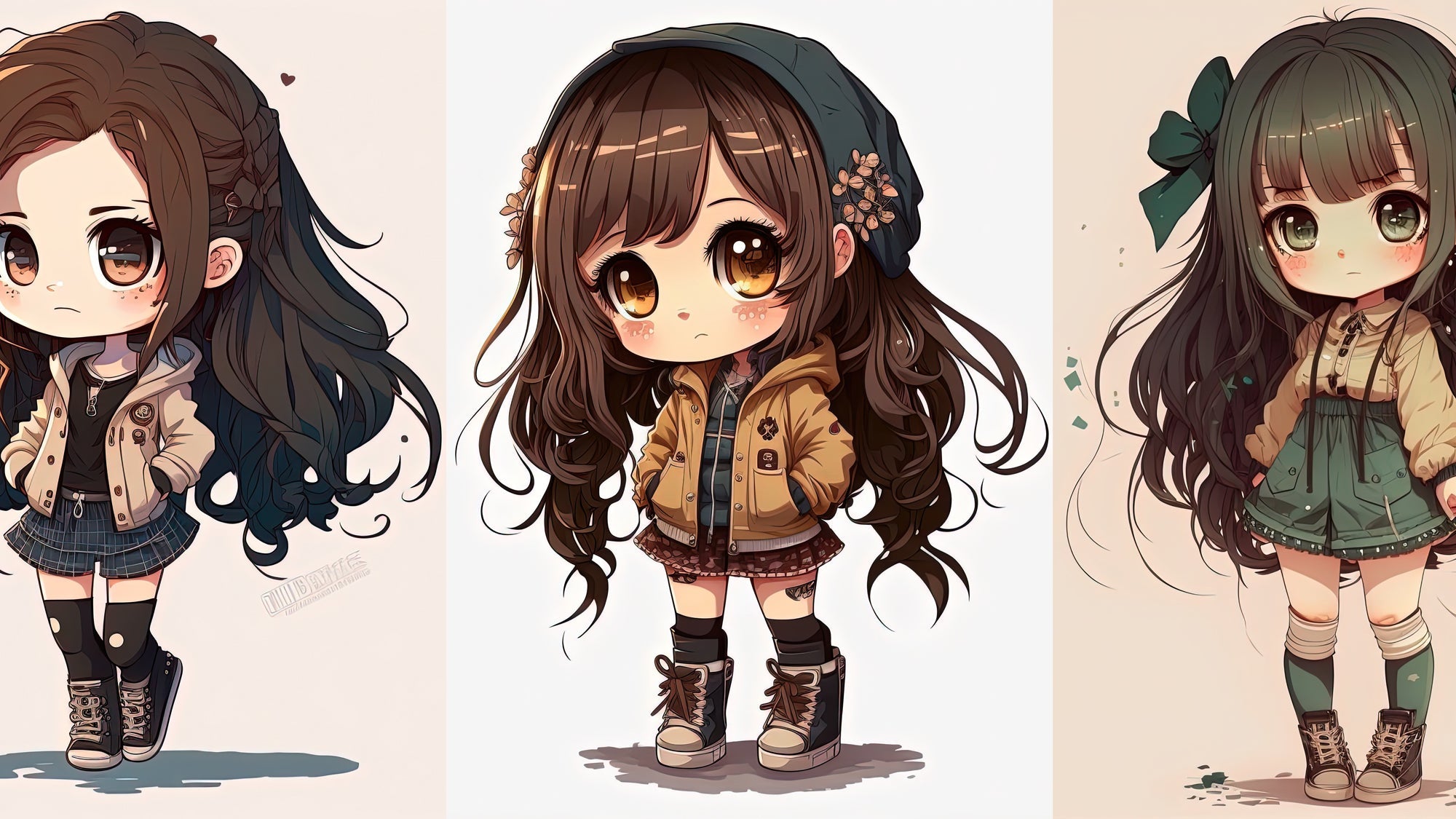
The Evolution and Popularity of the Term "Chibi"
"Chibi" is a term that has far transcended its origins, morphing from a word used to describe something small or short in Japanese into a global phenomenon. In the anime and manga universe, "Chibi" holds particular significance. It refers to an artistic style where characters are drawn in an exaggeratedly cute form, often characterized by oversized heads and diminutive bodies.
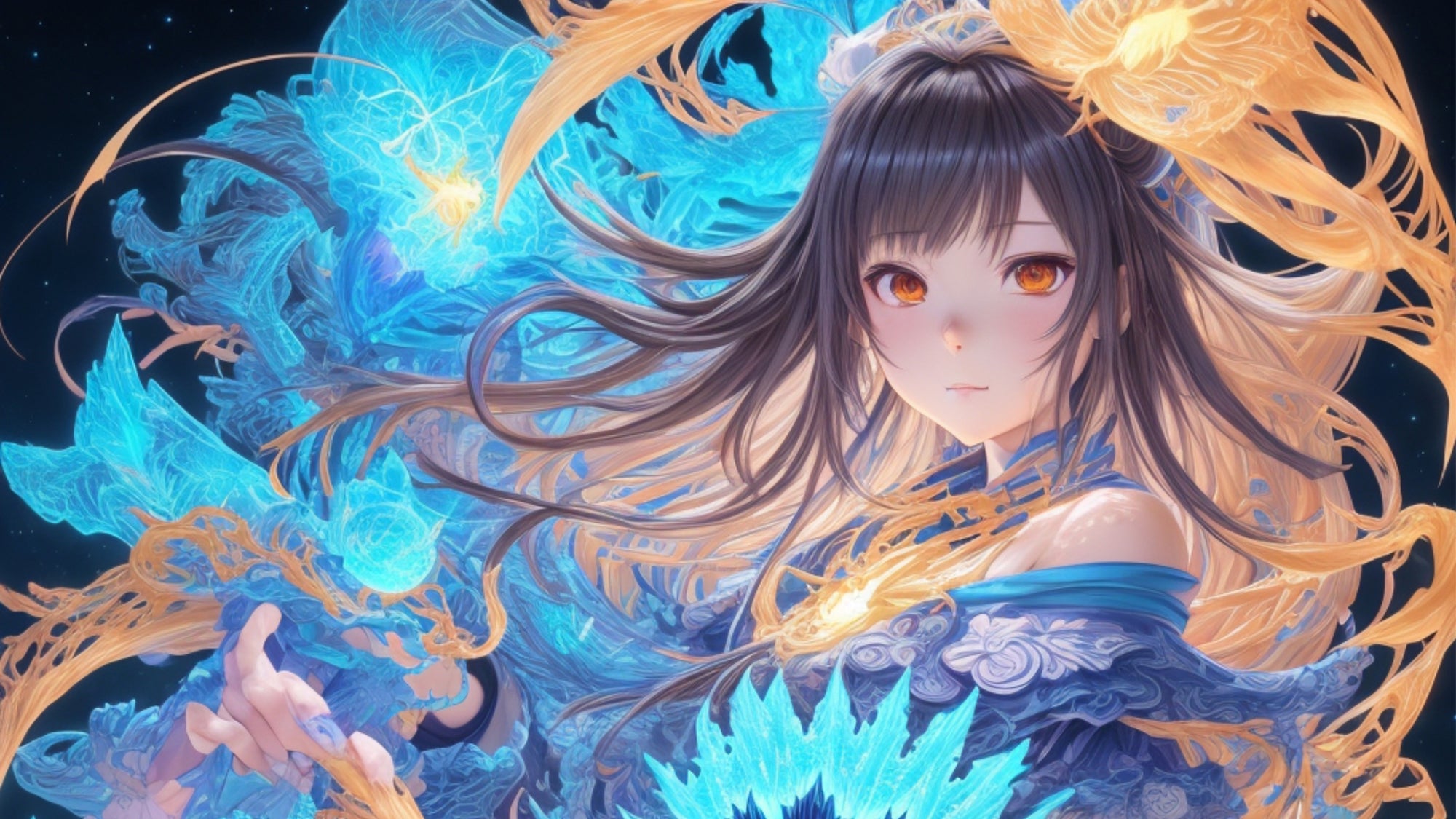
Waifu: More Than Just a 2D Crush
Dive into the enchanting universe of "waifu," a term that has transcended its origins to capture the emotional essence of fans worldwide. Initially borrowed from the Japanese pronunciation of the English word "wife," a waifu is no ordinary fictional character. She's a two-dimensional heroine from anime, manga, or video games who evokes a profound emotional and romantic connection. Far from a superficial infatuation, waifus serve as pillars of inspiration, motivation, and even emotional support, filling gaps that sometimes even real-world relationships fail to address.
Mecha: From Origin to Anime Icons
Dive into the enthralling universe of Mecha, a genre that has captivated audiences for decades. Originating from the term "mechanical," Mecha has its roots in early science fiction literature but truly blossomed in the world of anime. From the pioneering Mazinger Z to the iconic Gundam series, Mecha has evolved into a cultural phenomenon. This genre is not just about giant robots; it's a complex interplay of technology, human emotion, and intricate storytelling. Discover the first-ever Mecha, understand its historical significance, and explore the top 5 Mecha anime series that have left an indelible mark on pop culture.
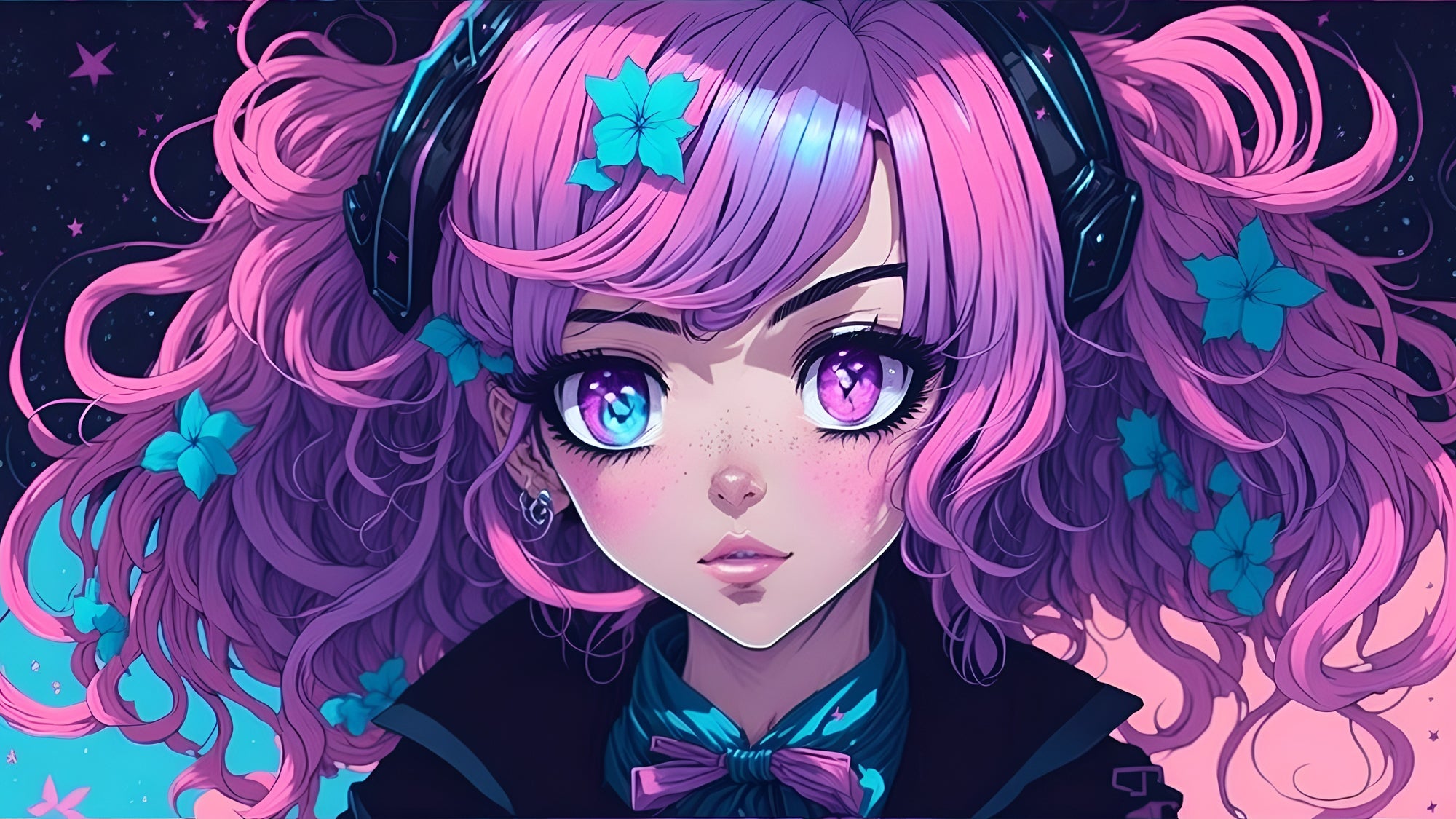
Bishoujo & Bishounen: The Aesthetics of Beauty in Anime
Bishoujo and Bishounen are emblematic figures in anime, symbolizing quintessential Japanese beauty ideals. Bishoujo, translating to "beautiful girl," delves into societal expectations surrounding femininity, often rooted in historical shoujo manga aesthetics. In contrast, Bishounen, or "beautiful boy," celebrates androgynous beauty, echoing Japan's historical appreciation for gender-fluid aesthetics like the wakashu of the Edo period. Beyond mere visual appeal, these archetypes offer a window into Japan's cultural, societal, and historical perceptions of beauty.
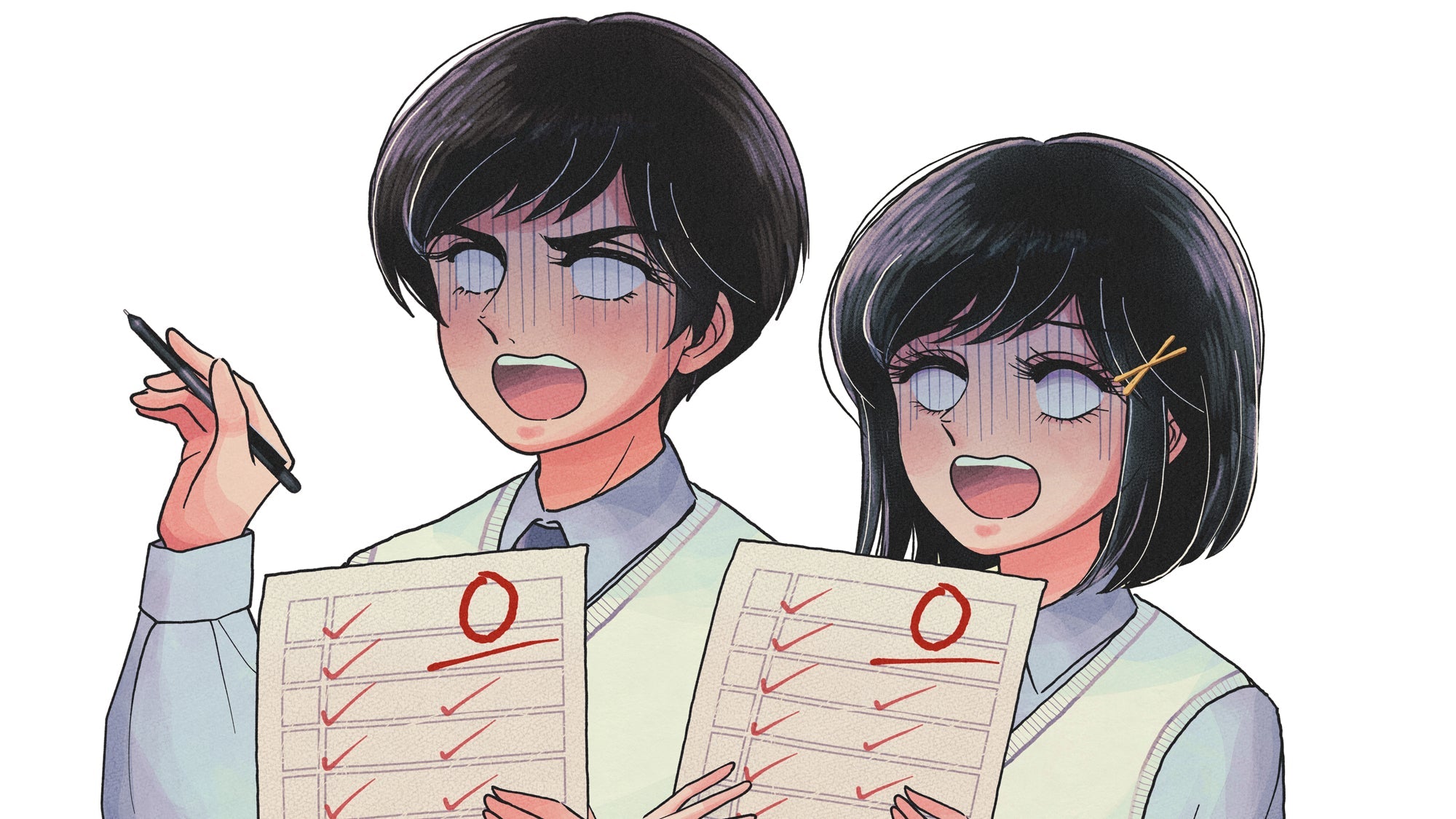
Baka: The Anime Term with Historical Roots
The term "Baka," prevalent in anime, goes beyond its literal translation of "fool" or "idiot." While often heard in playful jest or annoyance in anime scenes, its roots are deep-seated in Japanese culture. The word's origin, potentially from kanji characters signifying a mix-up between a horse and deer, suggests an association with making a blunder. Over time, "Baka" has seen shifts in its connotations, from genuine insults to affectionate utterances. Beyond a mere term, for anime enthusiasts, "Baka" offers a gateway into cultural nuances and the rich history of Japanese expression.

Anime: More than Just Cartoons, It's a Global Phenomenon!
Anime, originating from the word "animation", is Japan's distinct contribution to the world of animation, characterized by vivid art, diverse characters, and rich themes. Globally, it's seen as a Japanese animation style, but in Japan, "anime" can denote any animation. With roots in traditional art, it's continually innovating with technology. Often influenced by manga or video games, anime's intricate narratives captivate audiences worldwide, making it a global cultural phenomenon.

The Colorful World of Otaku: Dive into the Culture, Past, Present, and Future
Dive into the vibrant world of otaku culture, an emblem of passion for Japanese pop culture. Originating in Japan, the term 'otaku' encapsulates those engrossed in anime, manga, and beyond. While it began as a local phenomenon, it now resonates globally, breaking gender stereotypes with both men and women championing their unique otaku identities. As the cultural tapestry evolves, otaku continues to redefine the way the world perceives and consumes Japanese art and storytelling, promising an exciting future.

